II Meeting of the Ecuadorian Network of Editors and Journals
II Meeting of the Ecuadorian Network of Editors and Journals
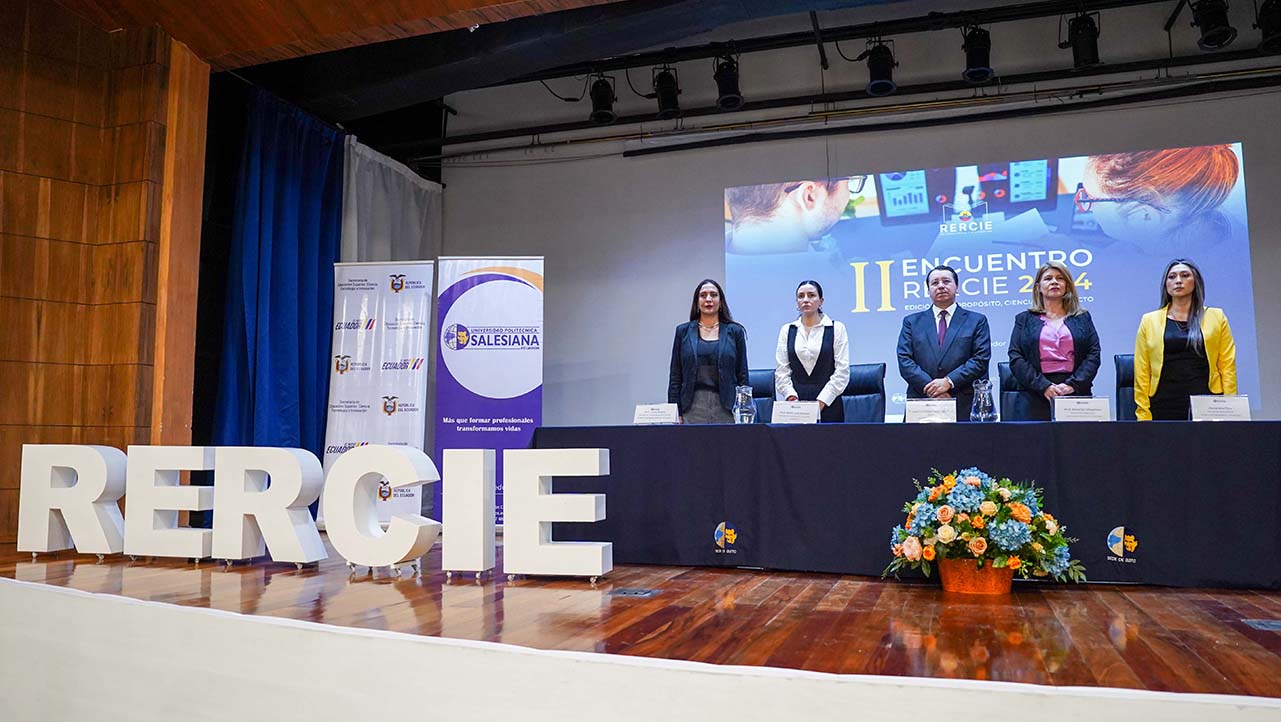
Our branch campus in Quito held the II Meeting of the Ecuadorian Network of Editors and Journals (RERCIE for its acronym in Spanish). The aim of the meeting was to exchange ideas, strengthen this community and create ties that will encourage excellence in scientific publications.
Father Juan Cardenas, president of RERCIE and president of Universidad Politecnica Salesiana (UPS); Maria Jose Ramirez, director of research at SENESCYT; Jenny Ponton, respresentative of vice president of RERCIE; Alexandra Pilco, secretary of RIERCIE; Maria Sol Villagomez, vice president of UPS’s branch campus in Quito; and Angel Torres, general editor of UPS, attended the inauguration.
In his speech, Father Cárdenas stressed the importance of strengthening the network, promoting collaboration between universities, editors and researchers, as well as the 10 talks that were organized last year, which shows the institutions' commitment to scientific dissemination and the construction of a more informed society committed to knowledge. “Last year we reported that there are around 800 academic and scientific journals in the country. This shows the work that is carried out from different social sectors, not only in universities, but also in institutes and research centers. I believe that strengthening a scientific culture is imperative and a way to build society and homeland,” he said.
During the two day meeting, they addressed key topics such as indexing processes, editorial quality, ethics in scientific publication and strategies to improve the visibility and impact of scientific journals at a national and international level.
Ivonne Lujano, editor-in-chief of Current Issues in Education and ambassador of the Directory of Open Access Journals (DOAJ) in Latin America, led the first keynote speech. Lujano explained what the DOAJ is and its role as an extensive index that includes peer-reviewed open access journals. She also explained the inclusion criteria, the application process, and the support the directory receives from the academic community, emphasizing how included journals can improve their visibility in search engines and other indexing services.
Natali Cáceres, president of the Human Research Ethics Committee (CEISH for its acronym in Spanish), addressed the role of ethics committees in Ecuador, their work in evaluating the risks and benefits in research with human beings. She also discussed the importance of confidentiality, the suitability of researchers and future challenges such as ethics in the digital revolution and the autonomy of committees.
During the first day, the presentations were by: Jorge Polanco, Coordinator of Latindex in Costa Rica, on "Indexation in LATINDEX"; Fernando Franco, Solutions Consultant at Web of Science, on "Indexing in Web of Science"; Luis Enrique Lescano Borrego, specialist in bibliometrics at the University of Cuenca, who presented "Artificial intelligence applied in bibliometrics"; and Francisco Silva, from UNESCO's Global Open Science Steering Committee, who spoke on "Open Access and its impact on the visibility of research."
On the second day, Mariuxi García, scientific research analyst at SENESCYT, presented the principles and criteria for Ecuadorian scientific journals to be indexed in SciELO, a network that includes 35 journals in the country. She also spoke about the importance of scientific quality, peer review, and the SciELO-Preprints server, which allows non-peer reviewed research to be disseminated.
Moisés Moreno, Senior Solutions Manager at Elsevier, presented "Indexing in Scopus." He explained the requirements for scientific journals to be indexed in this database, highlighting the need for two years of publications, ISSN and peer review, as well as the importance of quality and geographical diversity of authors and editors.
Ángel Torres, Jenny Pontón and Alexandra Pilco discussed the first volume of the RERCIE Catalogue and explained that it currently includes 82 open access scientific journals, which is an important effort to promote the visibility of Ecuadorian academic publications. Pilco explained the catalog is divided into six thematic areas, while Pontón stressed the importance of this resource to strengthen collaboration between journals.
The event ended with closing words from María Sol Villagómez: “Today we consolidate a firm step in the development of scientific publications in Ecuador. The knowledge we have shared, the relationships that we have strengthened and the ideas that have emerged during these days are a demonstration that we are committed to the future of science and knowledge in Ecuador,” she said.

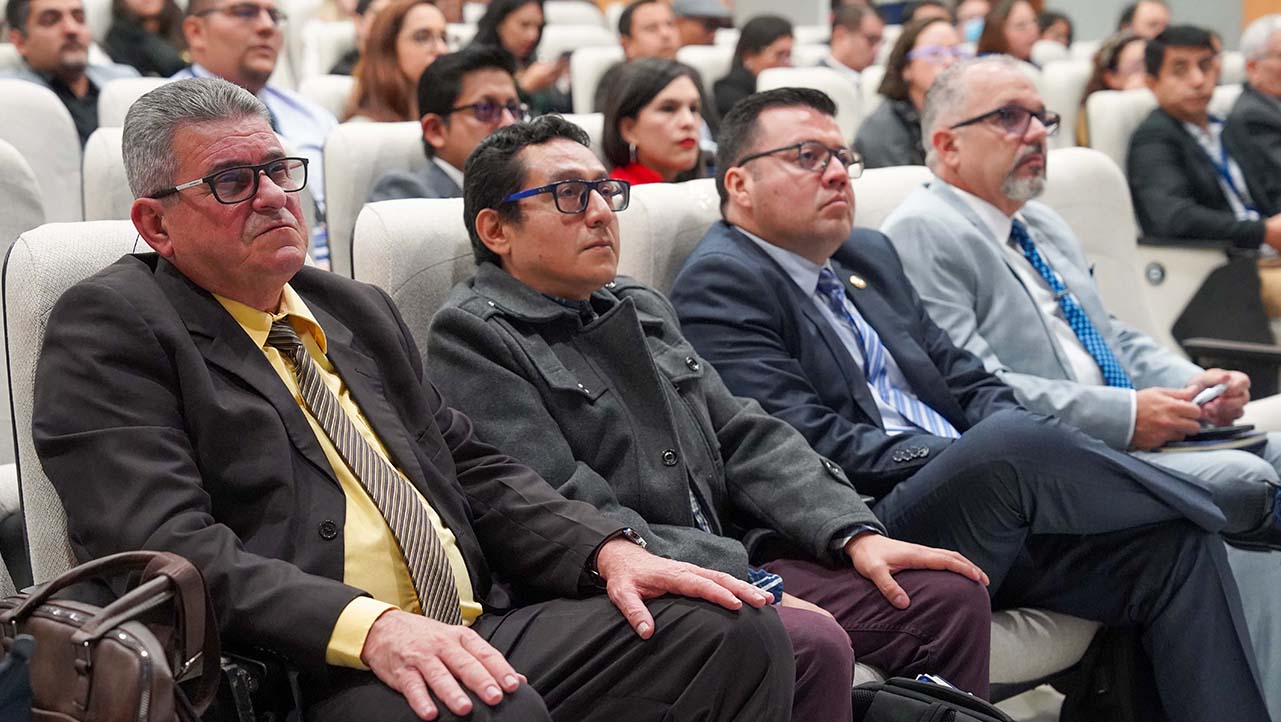
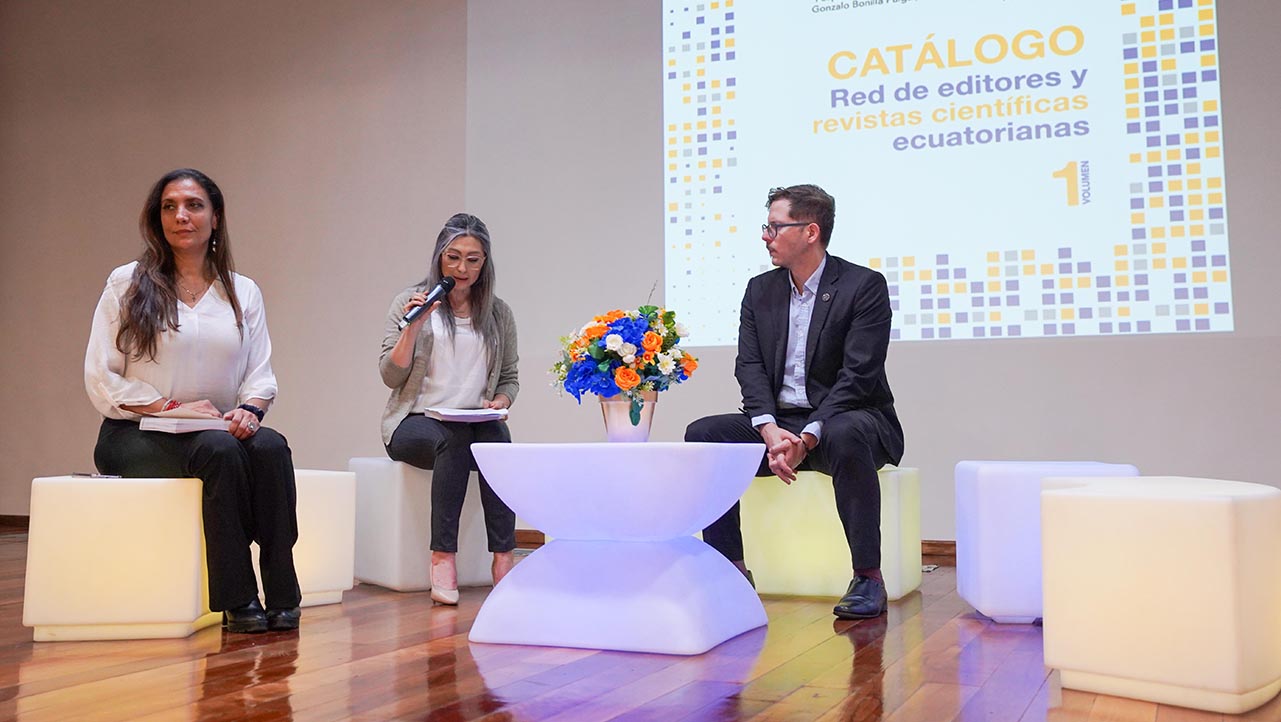
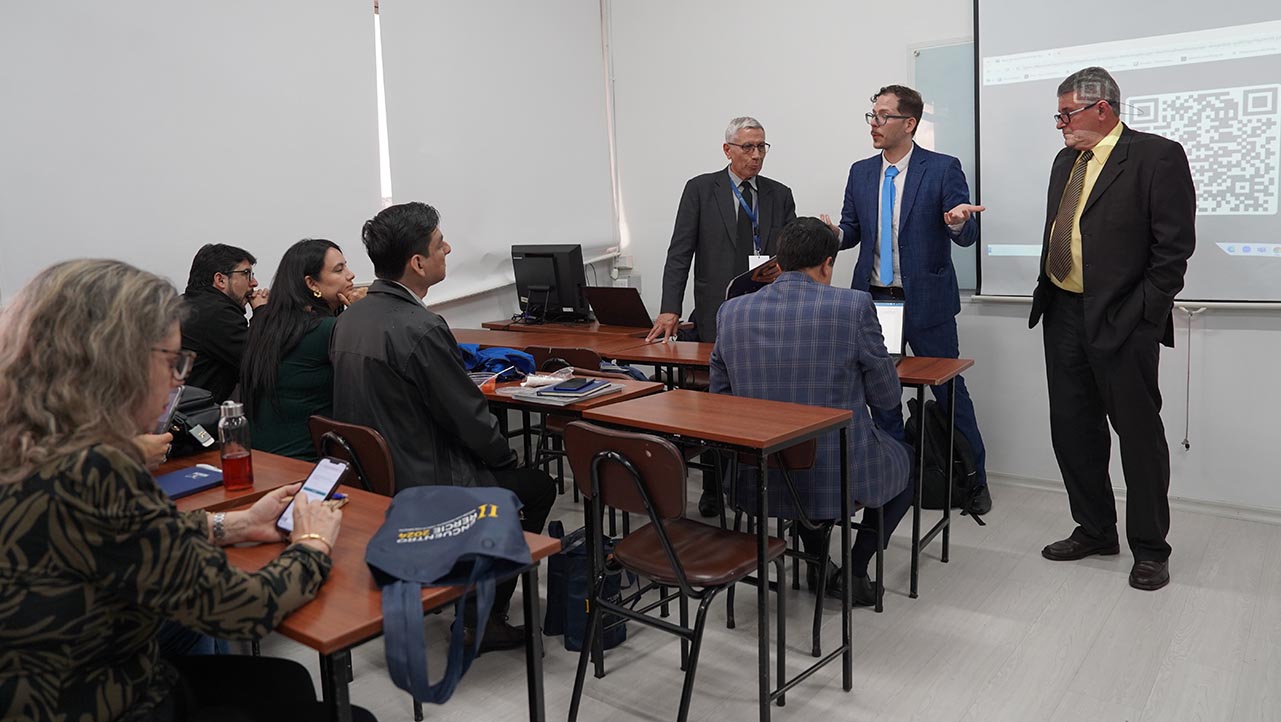
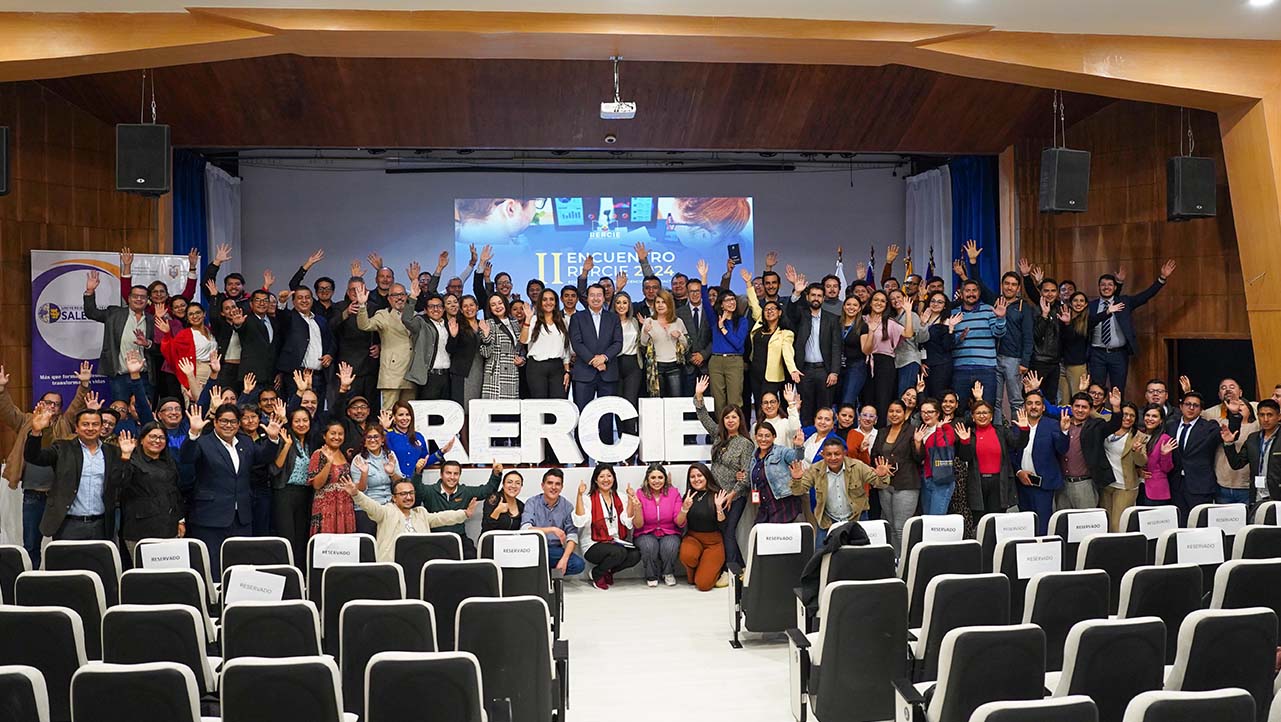
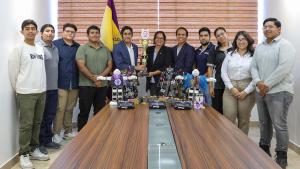
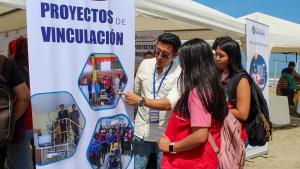
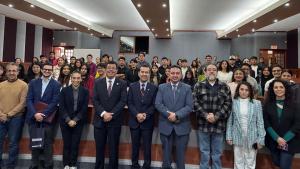

Follow us
Follow us